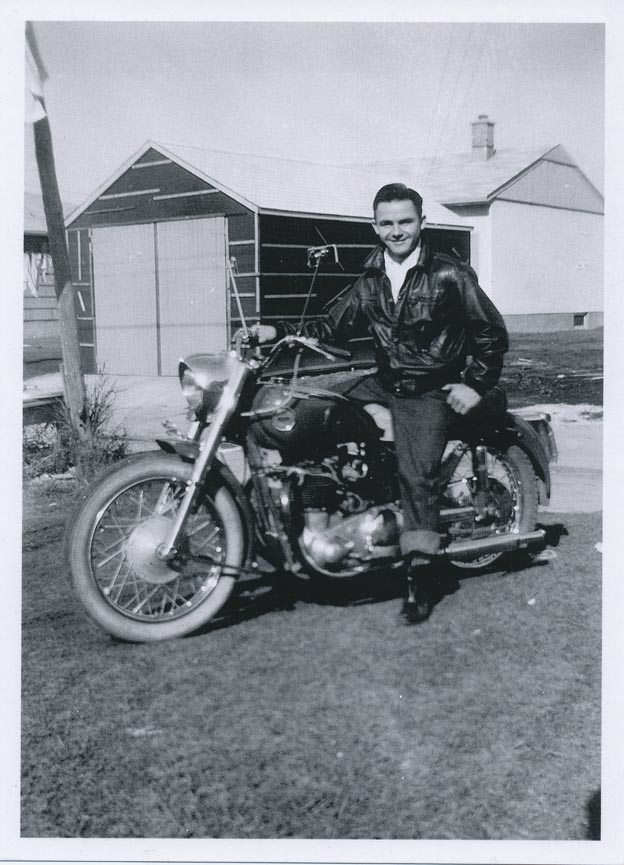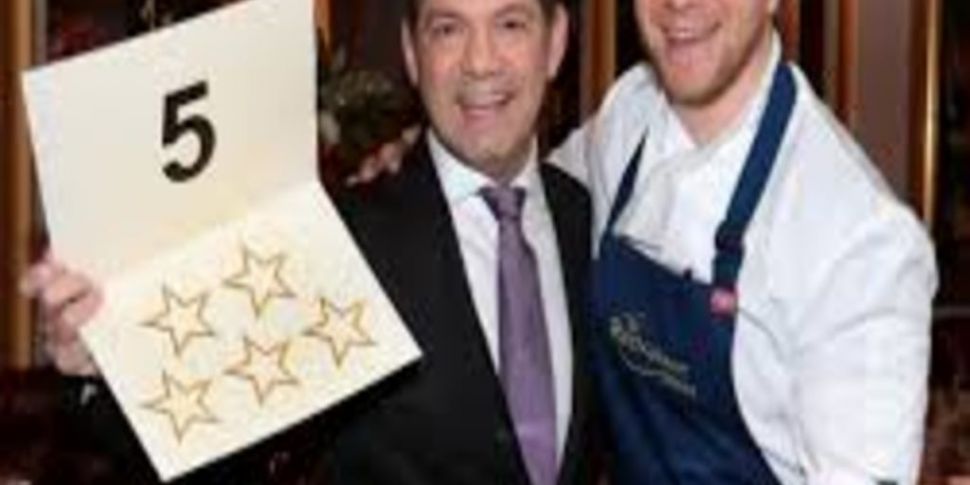

I had no other life or story and it was all so intense. The process of recollection was easy enough – “It was always there. Then I realised that there was another world, literature, and maybe I was allowed to write”. Healy says the impact of the opening line – “Mother died today, or was it yesterday?” – had a profound effect – “I thought, that’s a strange sentence but I thought it was good. The game consumed him as alcohol had done previously, helping him to stay sober to this day – “Chess is a jealous lover, it can have no other”.A chance encounter with Albert Camus’s L’Etranger, during a period of relative calm, changed his life once more. His last spell in Pentonville was to see his life change - finally for the better - when he met Harry the Fox, another inmate, who introduced him to chess.

It re-emerged in 2008 as a Penguin Modern Classic, with a foreword by Daniel Day-Lewis, and recounts John’s life pressed into military service, hardened by boxing and prison ending up surrounded by beggars, psychopaths and prostitutes in the grass arena. If you’ve not read the book then I can only urge you to seek it out. More than 20,000 copies sold, the prestigious JR Ackerley Prize for Autobiography in 1989 and unprecedented media interest. John too has the kind of back-story that the bourgeois literary world seems to long for – raw and entirely authentic, something of a study in sociology. John first came to public’s attention more than a quarter of a century ago with his fierce, unflinching autobiography The Grass Arena – an account of more than a decade of living as an alcoholic in the world of winos and vagrants in north London.The kind of work that editors dream of coming across, it has a rhythmic intensity and power that creative writing classes simply can’t teach.

The three hours I spent with John Healy that afternoon though revealed a sensitive character, albeit one still understandably hurt and frustrated by the way his potential literary career failed to develop. Though relatively diminutive in size, when he stood close to me and told me he had “concussive power in both fists”, I believed him. John wished to sit directly opposite me when speaking. Paul Duane’s recently released documentary entitled, Barbaric Genius, spent four years getting to grips with John and the sort of life he’s lived, and has done so admirably, but still gave the impression of a man very much at odds with press interest and how to speak when interviewed.When I arrived at Healy’s council flat near Kilburn, it was relatively warm day though the heating was turned up high. Not because of anything to do with the man, more my own abilities to do justice to a complicated and sorry story. My meeting with John Healy was one that I went into with a fair amount of trepidation. Above: A portrait of John, taken by award winning photographer and film maker Leo Regan around the time ‘The Grass Arena’ was published


 0 kommentar(er)
0 kommentar(er)
